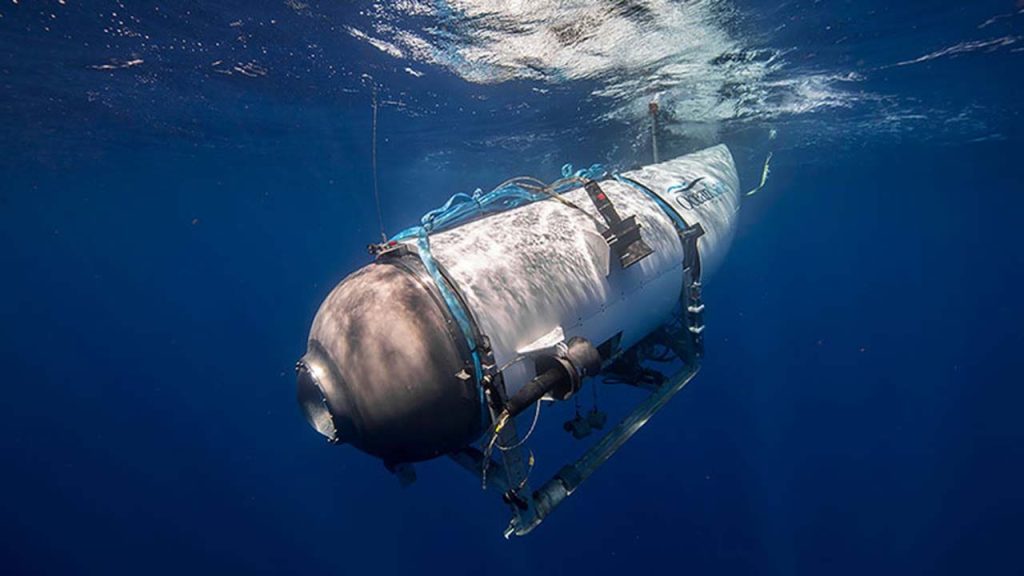The U.S. Coast Guard hearing investigating OceanGate’s ill-fated Titan submersible expedition, which resulted in five deaths, has raised concerns about the need for stricter regulations for future companies offering private undersea explorations. The NTSB may examine the certification process for these types of ventures, according to experts. The crew’s last communication before the sub imploded was a message that read “All good here.” Testimony from the former lead engineer revealed that there was pressure to get the vessel ready to dive, and safety concerns were raised but ignored.
Experts point out that the Titan tragedy highlighted the dangers of combining experimental technology with private enterprise. The sub was an experimental craft used for commercial ventures, and safety seemed to take a back seat to financial concerns. Testimonies indicated that the company was focused on making money rather than ensuring proper safety protocols were in place. The design of the sub was also criticized, with concerns raised about its materials and shape not being suitable for the extreme depths it was meant to reach.
The decision to reuse components and the lack of independent reviews for the Titan sub were highlighted during the hearing. The vessel’s hull was described as inadequate, with its structure likened to “porous paper” and its seals considered substandard. Despite having gone on multiple dives before the fatal incident, the sub had never undergone a proper assessment of its safety and design. The need for regulations on submersibles to ensure passenger safety was emphasized by experts, suggesting that the industry may need to be more strictly regulated to avoid similar tragedies in the future.
The Titan sub was unique in several aspects, including being the first privately owned submersible intended for civilian use and being made of unconventional materials like titanium and carbon fiber. Its design departed from the standard shape and structure of submarines meant to withstand extreme pressures, raising concerns about its suitability for deep-sea exploration. The vessel’s inadequate construction and lack of proper safety measures were pointed out as contributing factors to the tragedy.
The hearing also shed light on the financial struggles of OceanGate, with witnesses testifying that the company was in serious financial trouble and needed a successful event to recover financially. The pressure to make money may have influenced the decision-making regarding the safety of the submersible and its crew. The need for a more careful assessment of the financial viability of such ventures before proceeding with risky expeditions was emphasized by experts, suggesting that regulatory changes may be necessary to prevent similar incidents in the future.
Overall, the Titan submersible tragedy has raised important questions about the intersection of experimental technology, commercial ventures, and safety in undersea exploration. The need for stricter regulations, proper safety protocols, and financial assessments before embarking on risky expeditions is crucial to prevent future tragedies. The U.S. Coast Guard investigation may lead to changes in regulations governing private undersea ventures to ensure the safety of passengers and crew members. As the industry continues to evolve, it is essential to prioritize safety and responsible practices to prevent further loss of life in undersea exploration.













